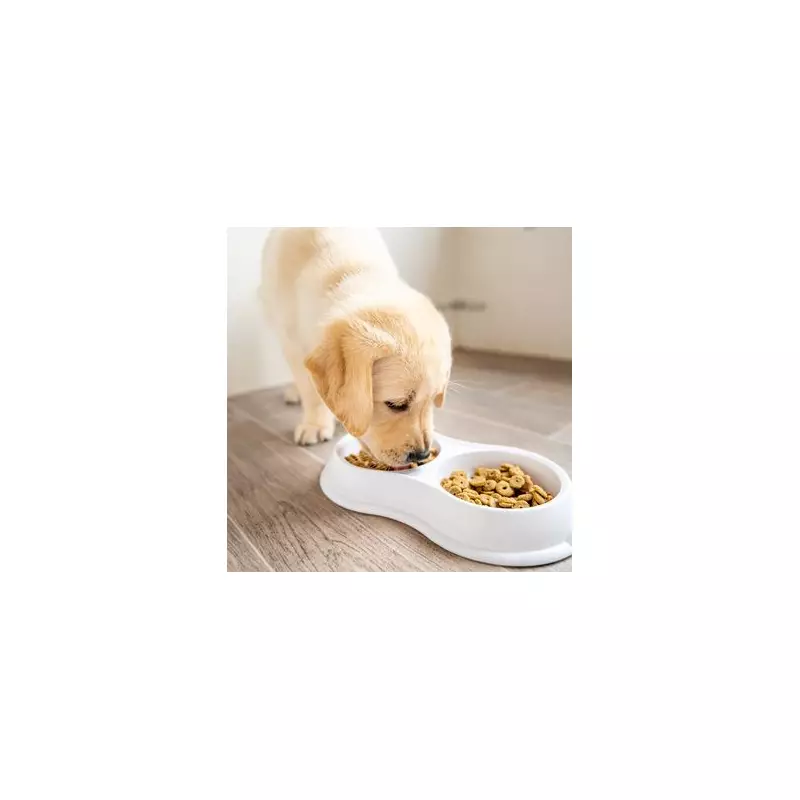
Pet owners across the UK could be unknowingly shortening their beloved dog's life by making a common mistake with their food, according to a leading animal nutrition expert.
Sandra Martínez, a specialist pet nutritionist, has revealed that a simple change in diet could potentially extend a dog's life by between a year and a half and two years longer. This is a significant increase for animals whose average lifespan typically falls between 10 and 13 years.
The Critical Mistake in Your Dog's Bowl
Martínez, speaking to La Vanguardia, identified a fundamental error many owners make: feeding a diet not suited to a dog's biological needs. She stressed that proper nutrition is crucial not only for longevity but also for preventing a host of health issues, including digestive troubles, arthritis, and allergies.
The core of the problem lies in the type of food most commonly given. "Whilst humans possess enzymes that aid carbohydrate digestion, dogs and cats lack these," Martínez explained. This is a critical issue, as many popular commercial diets are high in carbohydrates.
Instead of relying solely on dry kibble from supermarkets, she suggests offering animals 'natural' food suited to their species, which can include both raw and cooked options.
Beyond Food: The Hydration Factor
Another significant concern Martínez highlighted is the link between dry food and dehydration in pets. She pointed out that dry food is typically composed of '90% dry matter and barely 10% moisture'.
In contrast, a natural diet provides between '60% and 70% water', allowing pets to hydrate themselves as they eat. A diet chronically low in hydration forces the kidneys to work harder, which can, over time, lead to problems such as kidney stones.
While food can contribute to hydration, the Purina Institute advises that fresh, clean water should always be available to pets. Healthy animals usually self-regulate their water intake, but illness or anxiety can disrupt this.
Navigating the Advice on Dog Nutrition
While advocating for species-appropriate food, major animal charities offer nuanced guidance. The Dogs Trust recommends a balanced diet that provides all necessary nutrients but cautions that preparing homemade or raw food can be challenging to get right.
They suggest that certain types of commercial food can be beneficial as they are specifically tailored for a dog's breed and age.
The RSPCA states that cooked meats like boiled chicken or lamb can be given in small quantities but warns owners to steer clear of cooked bones and toxic substances. If you are considering a major change to your pet's diet, it is strongly recommended that you first consult a vet for guidance tailored to your dog's specific breed, age, and health status.






